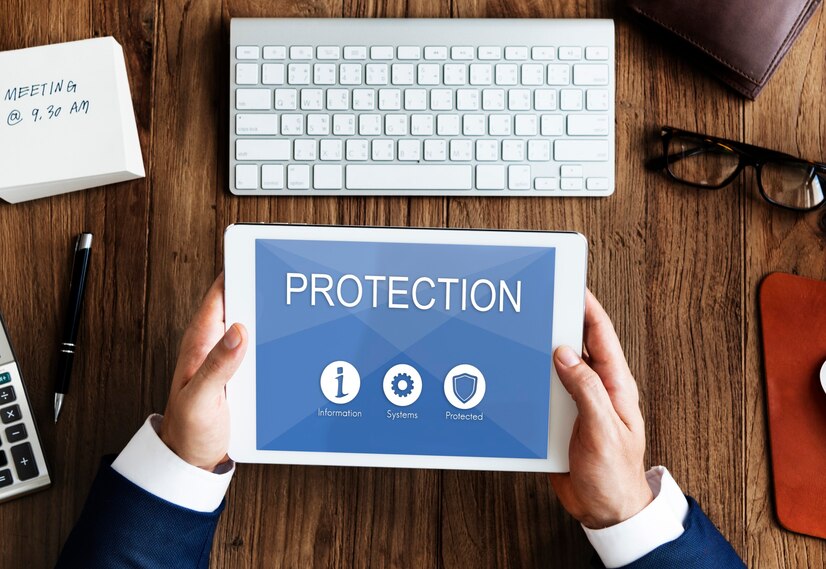Comprehensive Guide to Understanding, Obtaining, and Maximizing General Liability Insurance*
Introduction
General liability insurance is a cornerstone of risk management for small businesses. It provides protection against a wide range of liabilities, ensuring that a business can navigate legal claims and financial losses with confidence. In this comprehensive guide, we will delve into the world of general liability insurance for small businesses, exploring its importance, components, how to secure the right coverage, and strategies to maximize its benefits.
The Importance of General Liability Insurance
General liability insurance is a fundamental safeguard for businesses, offering numerous benefits:
1. Protection from Lawsuits: It shields small businesses from various legal claims, such as bodily injury, property damage, and personal injury, including libel or slander. This protection is essential in an increasingly litigious business environment.
2. Financial Security: In the event of a covered claim, general liability insurance covers legal defense costs, settlements, or judgments, providing financial stability and avoiding potentially devastating financial burdens for the business.
3. Credibility: Many business partners, clients, and contracts require proof of general liability insurance. Having this coverage can enhance your business’s credibility and make it more appealing to potential partners and customers.
Understanding General Liability Coverage
To grasp the full scope of general liability insurance, it’s essential to understand its components and what it covers:
1. Bodily Injury Coverage: This component provides protection in the event that someone is injured on your business premises or as a result of your operations. It covers medical expenses, legal defense costs, and potential settlements or judgments.
2. Property Damage Coverage: Property damage coverage applies when your business causes damage to someone else’s property. It covers the costs of repairing or replacing the damaged property.
3. Personal and Advertising Injury: This part of general liability insurance covers claims of personal injury, such as libel, slander, false advertising, or copyright infringement. It provides coverage for legal defense and settlements.
4. Legal Defense Costs: General liability insurance includes coverage for legal defense costs, including attorney fees, court costs, and other expenses related to defending your business against a covered claim.
How to Secure General Liability Insurance
Obtaining general liability insurance for your small business involves several steps:
1. Assess Your Coverage Needs: Begin by evaluating your business’s specific risks and requirements. Consider the nature of your operations, the potential for bodily injury or property damage, and any industry-specific risks.
2. Research Insurance Providers: Research and identify insurance providers that offer general liability coverage suitable for your business. Look for companies with a strong financial reputation and a history of serving businesses similar to yours.
3. Request Quotes: Contact the insurance providers you’ve identified and request general liability insurance quotes. Be prepared to provide details about your business, including its size, industry, location, and annual revenue.
4. Compare Quotes: Review the quotes you receive, considering coverage limits, deductibles, and premiums. It’s advisable to obtain quotes from multiple providers to compare and find the most appropriate coverage for your business.
5. Purchase a Policy: After selecting a provider and a policy that aligns with your business’s needs, you can purchase the general liability insurance policy. Make sure to thoroughly review and understand the terms and conditions.
Strategies to Maximize General Liability Insurance Benefits
To maximize the benefits of general liability insurance, small businesses should consider these strategies:
1. Review Coverage Limits: Regularly assess your coverage limits to ensure they are aligned with your business’s growth and evolving needs. Inadequate coverage could leave your business exposed to unnecessary risks.
2. Risk Management: Implement strong risk management practices and safety measures to reduce the likelihood of accidents or incidents that may lead to liability claims. A safer work environment can lower insurance costs.
3. Bundling Policies: Many insurance providers offer discounts when businesses bundle multiple insurance policies, such as general liability, property insurance, and workers’ compensation. Bundling can result in cost savings.
4. Understand Policy Exclusions: Familiarize yourself with the exclusions and limitations of your general liability policy. This will help you understand the circumstances that may not be covered and allow you to take necessary precautions.
5. Maintain Documentation: Keep thorough records of incidents, accidents, and claims. Documenting such events can be crucial in the event of a liability claim, aiding in the claims process.
6. Legal Consultation: In the event of a claim, consult with legal professionals who specialize in insurance matters. They can provide guidance and ensure your rights and interests are protected.
Conclusion
General liability insurance is an indispensable tool for small businesses, safeguarding against a range of legal claims and financial liabilities. By understanding its importance, the components of coverage, and how to secure the right policy, businesses can operate with confidence, knowing they are protected from unexpected challenges. Utilizing strategies to maximize general liability insurance benefits ensures that small businesses can thrive, adapt, and navigate the complex landscape of the business world.


